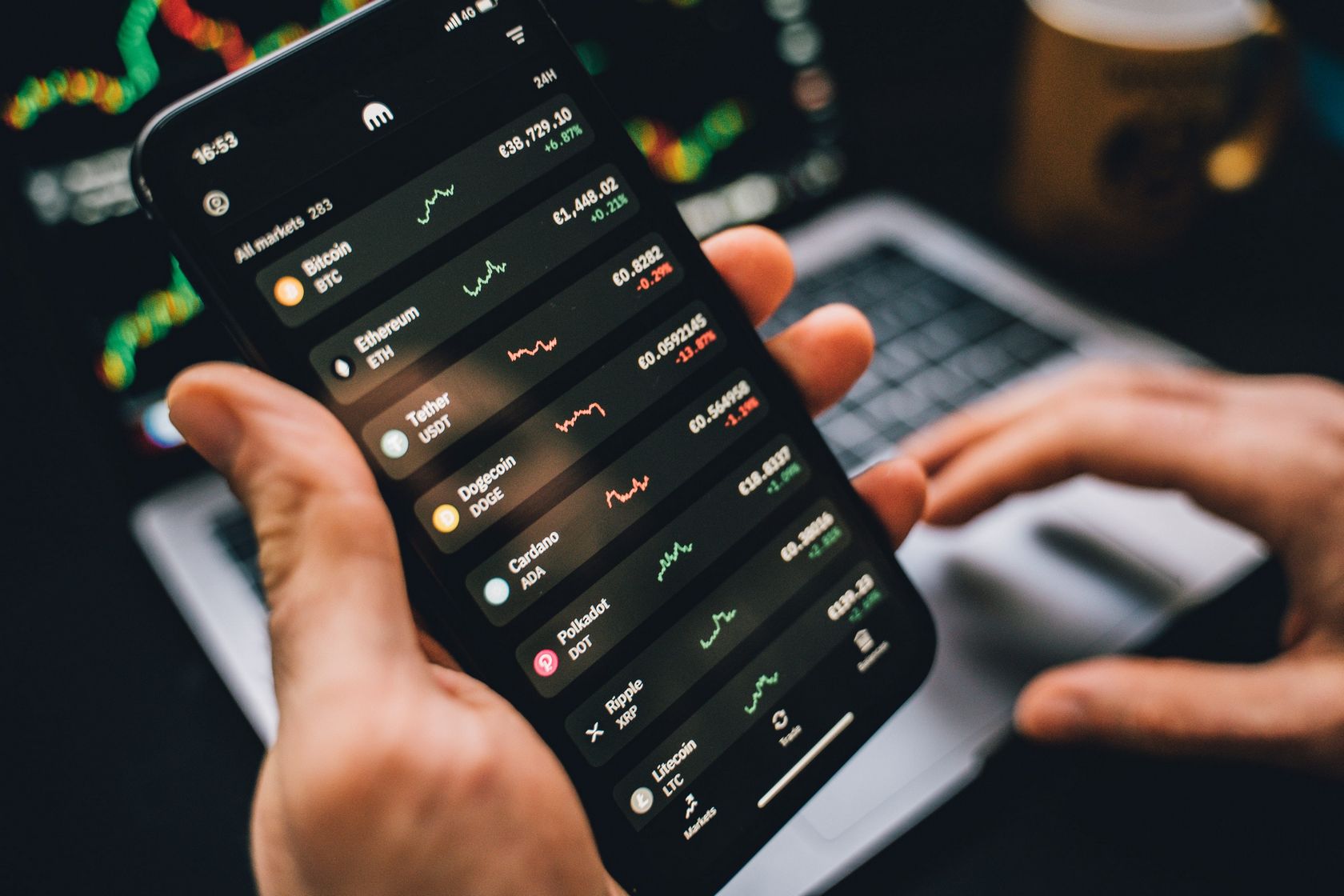Discover why market makers are essential in crypto, aiding exchanges with liquidity and tasks with steady token markets for smoother trading.
Market makers are frequently an underappreciated yet important part of financial markets. These entities, firms or individuals, play an essential function in making certain that financial markets function efficiently. To recognize why market manufacturers are necessary, allow’s study their duty and that benefits from their services in the crypto globe.
Why does one require a Crypto Market Manufacturer?
What Are Market Manufacturers?
At their core, market makers provide liquidity to financial markets. They do this by quoting deal rates for crypto possessions. Their purpose is to facilitate purchases for various other market participants, making certain that purchasers and vendors can trade efficiently without substantial delays or cost volatility. In crypto markets, the duty is usually loaded by mathematical trading firms such as Gravity Team.
Market Makers in Crypto: A Special Landscape
The cryptocurrency market provides distinct challenges and opportunities for market makers as a result of its decentralized 24/7 nature and high volatility. Market makers play an important role in dealing with these challenges and enabling the ecological community to flourish.More Here market making crypto At our site
Why Crypto Exchanges Demand Market Makers
Cryptocurrency exchanges rely greatly on market makers to guarantee their systems stay appealing to investors. Right here’s how market makers sustain exchanges:
- Preserving Active Order Publications: Market manufacturers inhabit order publications with deal orders, ensuring there is always task on the platform. This liquidity motivates investors to use the exchange, recognizing they can perform their trades promptly at practical prices.
- Lowering Bid-Ask Spreads: Narrow bid-ask spreads make trading a lot more economical for customers. By providing affordable quotes, market manufacturers boost the trading experience and drive quantity on the exchange.
- Taking Care Of High Volatility: Throughout durations of severe market movement, market manufacturers action in to offer security, stopping big cost swings that might otherwise deter users from trading.
- Enhancing Integrity: A liquid exchange is usually perceived as even more reliable and trusted. Market makers’ participation increases customer self-confidence and attracts both retail and institutional investors.
Why Crypto Projects Demand Market Makers
For projects releasing new tokens, market makers are vital in making sure a successful market debut and lasting cost stability. Below’s how they assist issuers:
- Supporting Token Launches: Throughout a project’s TGE or token listing on an exchange, market makers supply the liquidity required to make sure that very early investors can deal tokens without extreme cost swings.
- Establishing Cost Security: Without enough liquidity, token prices can end up being very volatile, preventing potential capitalists. Market manufacturers smooth out rate variations, cultivating an extra steady and predictable trading environment.
- Urging Capitalist Self-confidence: A fluid and stable market for a token signals maturity and reliability, making it extra appealing to both retail and institutional capitalists.
- Promoting Big Trades: Market makers enable companies to accommodate substantial buy or sell orders without triggering extreme cost motions, which is essential for attracting larger players to the ecological community.
That Gains From Crypto Market Makers?
- Exchanges: As the primary recipients, exchanges rely on market makers to keep liquidity and make sure competitive prices. This partnership is vital for the survival and development of any crypto trading system.
- Token Providers: Providers take advantage of improved market stability and liquidity of their tokens.
- Retail and Institutional Traders: Both teams count on market makers to perform trades successfully and cost-effectively. Retail investors appreciate tighter spreads and higher liquidity while organizations can implement large trades with minimal rate impact.

